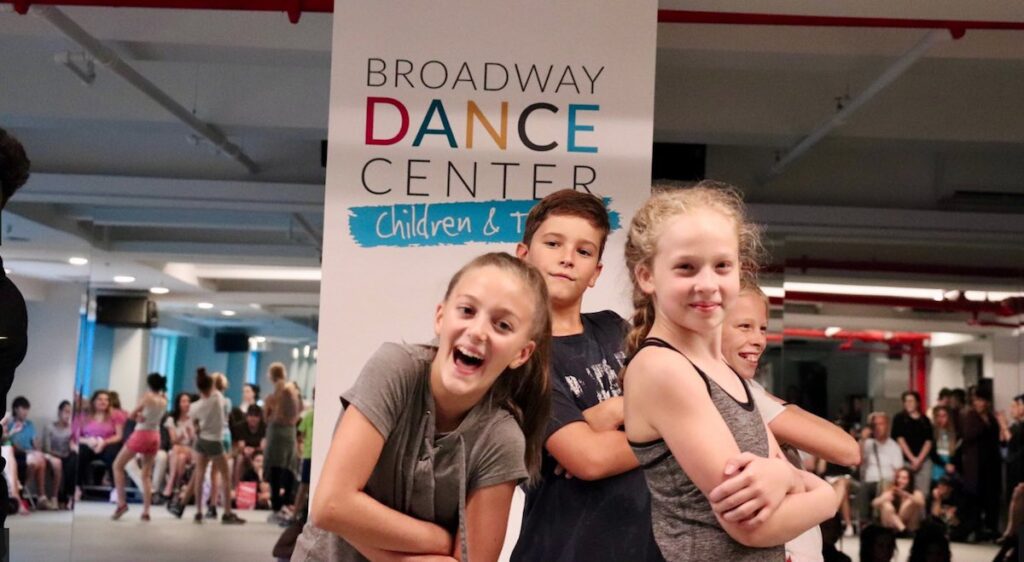
Before and after: Just don’t give Ozempic to your children
Childhood obesity has become a burning issue in today’s health-savvy world, but are weight-loss drugs the right answer for our kids? The before and after isn’t exactly the outcome everyone hopes for when you look at the numbers.
Researchers at the University of California at Irvine have recently put out a cautionary note about drugs like Ozempic and Wegovy, emphasizing the potential pitfalls of prescribing them to the young generation. Sure, these drugs have been proven to help diabetic adults manage their weight, but the long-term effects on a developing young body are still in the dark.
Interestingly, these drugs’ primary function isn’t weight loss. They originally catered to diabetes patients. Yet, the green light to use Wegovy for weight loss purposes in individuals over the age of twelve in 2021 has sparked a fresh debate.

AAP Weighs In
According to the American Academy of Pediatrics, weight-loss medications could be a beacon of hope for many. Their recent guidelines even suggest that these drugs can be safe and beneficial for children aged 12 and above. Coupled with the right diet and ample physical activity, they might be our weapon against the looming menace of childhood obesity.
This stance comes from a place of concern, with obesity being a relentless adversary for one in every five children between two to nineteen years old.

Real Concern?
Despite the endorsements, the California team stresses the potential fallout from reduced calorie intake caused by these drugs like Ozempic. The balance between nutrition and physical activity is the bedrock of a child’s health and future wellbeing.
When this balance tilts, the outcomes aren’t just immediate. It can set in motion a series of health repercussions, from compromised bone health to elevated risks of heart disease. As Dr. Dan Cooper from UCI School of Medicine highlights, children require calories not just for their present activities but also for their holistic growth.

Beyond Physical Health
Adolescence is not just about physical changes. It’s an emotionally charged period where self-worth and body image perception are incredibly malleable. In the age of Instagram and TikTok, the pressure to fit into certain beauty standards is immense.
The worry is that weight-loss drugs like Ozempic might amplify this pressure, pushing children into the abyss of body dysmorphia or even sparking substance abuse in high-pressure athletic environments like gymnastics or wrestling.
Moreover, the unprecedented challenges of the Covid-19 pandemic, with increased screen times and sedentary lifestyles, have further intensified these issues. The experts thus assert the need for meticulous studies analyzing the long-term benefits against potential drawbacks in young individuals.

Trials and Tribulations
Clinical trials are the gold standard to verify a drug’s efficacy and safety. But when it comes to enrolling young participants for weight-loss drug trials, the path is riddled with obstacles – from access challenges to health prerequisites. Without substantial data spanning a child’s lifetime, can we truly vouch for the safety of drugs like Ozempic and Wegovy?
The underlying sentiment remains: while these drugs may indeed be beneficial for children grappling with severe obesity or type 2 diabetes, the looming shadow of misuse and abuse cannot be overlooked.
So, are we trading a short-term solution for long-term problems? Only time, and more research, will tell.



